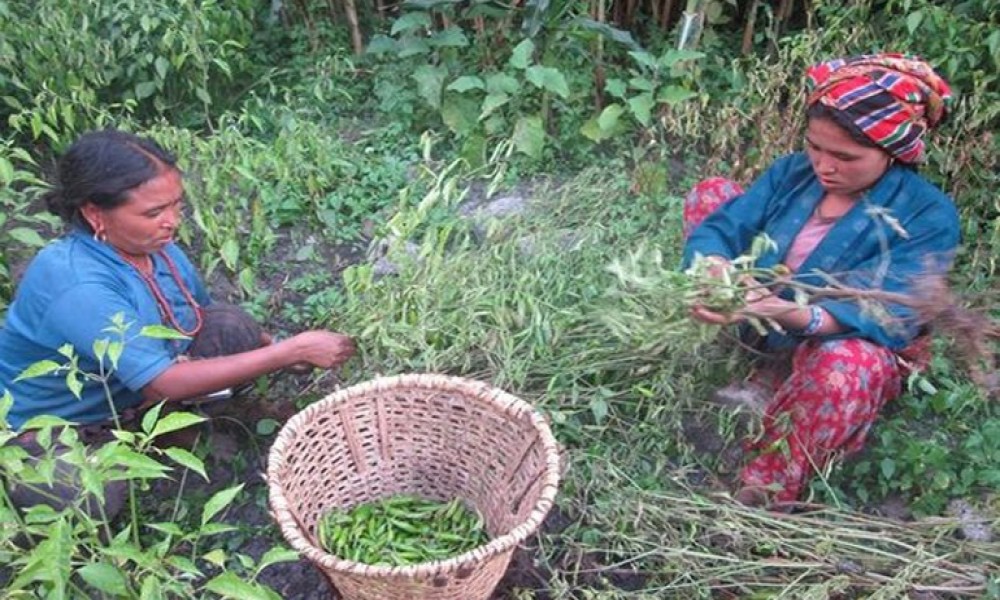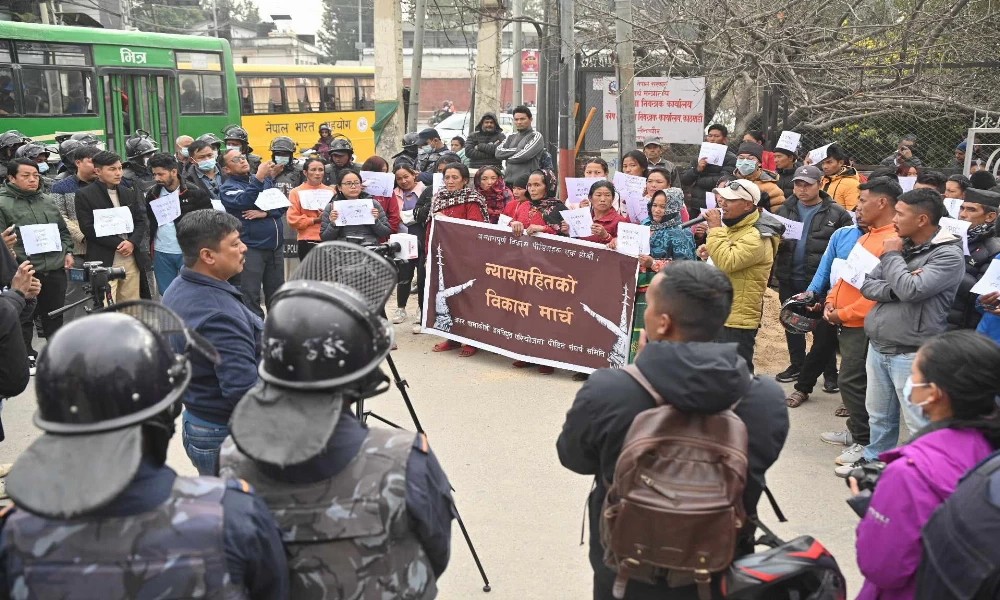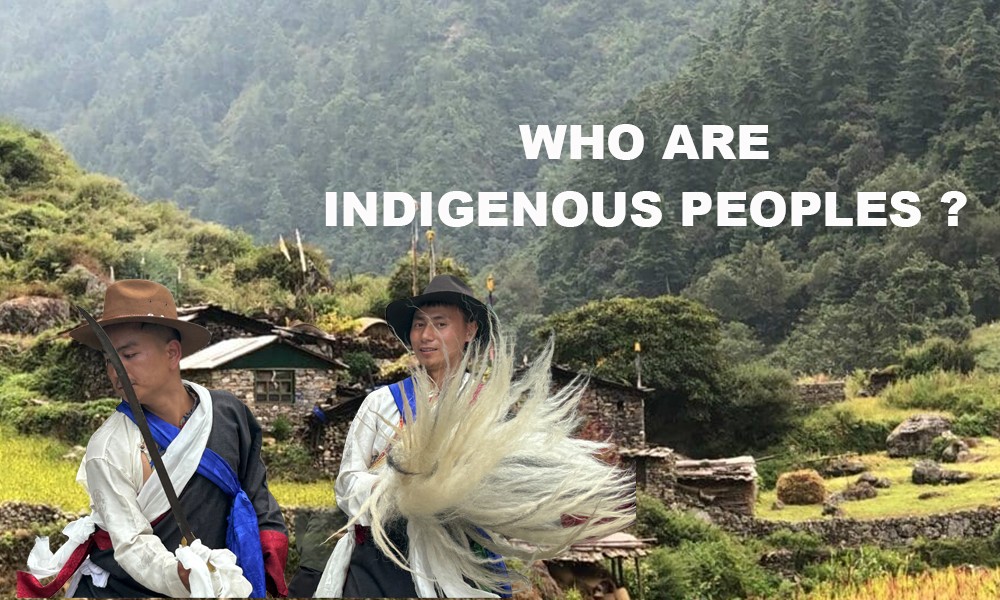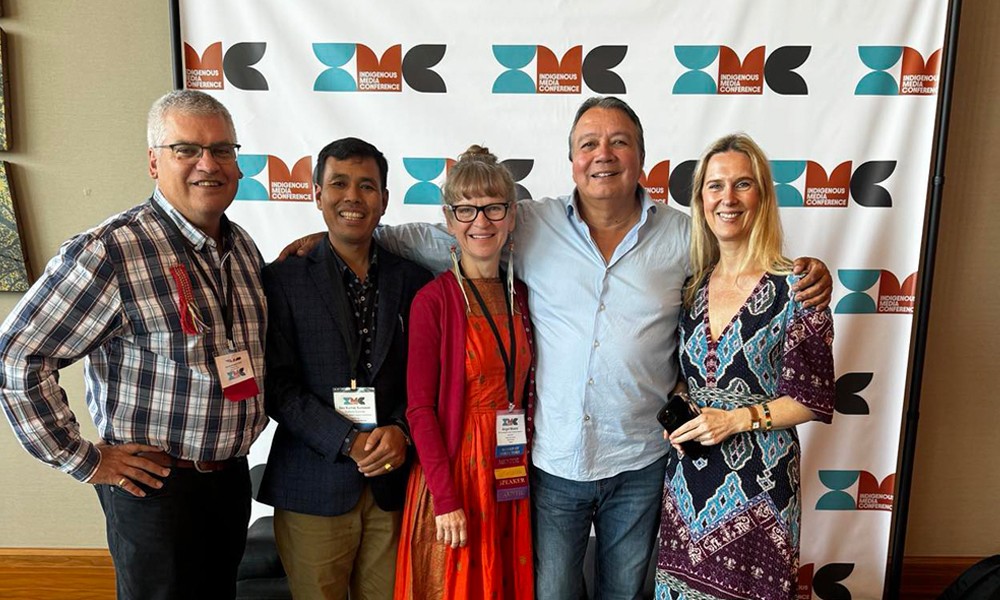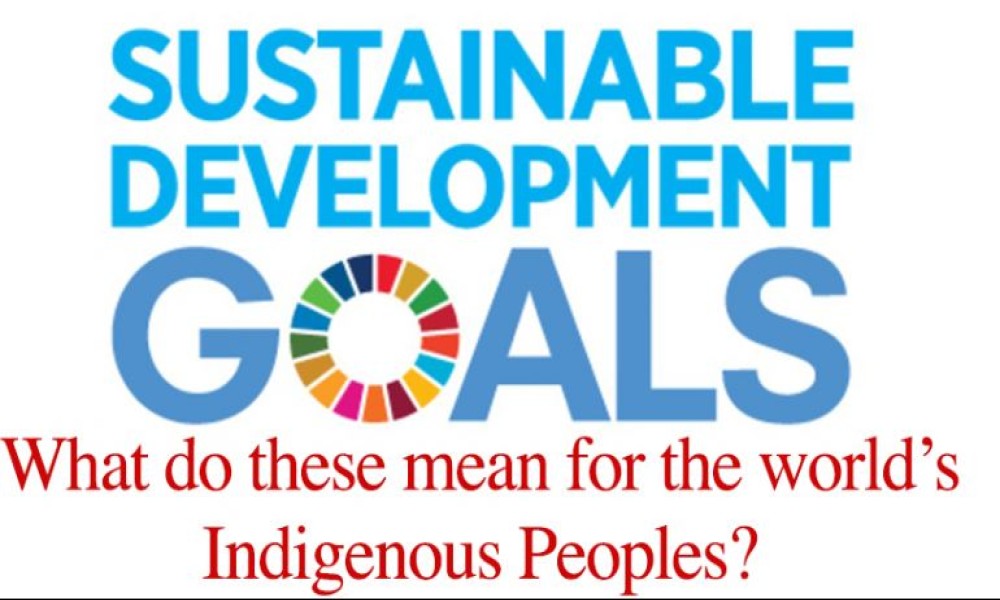Several global policies, programs and conventions are now in place to combat climate change. REDD+ (Reducing Emissions from Deforestation and Degradation) is one such convention, which has been signed by Nepal and other 24 countries. As many other countries are yet to sign REDD+, how it will be implemented is yet to be seen. However, in Nepal, a project is already underway to implement REDD+.
Indigenous rights experts and activists around the world say REDD+ is against interests of indigenous communities and could bring about negative impacts for them. Dinesh Kumar Ghale, Vice Chair of Lawyers' Association for Human Rights of Nepalese Indigenous Peoples (LAHURNIP), says implementation of REDD+ will allow the government can to come up with several policies and programs that could deprive Indigenous Peoples of their rights over forest resources. It is not only LAHURNIP that is against REDD+. Most of indigenous rights organizations around the world are criticizing REDD+ as an anti-Indigenous Peoples convention.
Indigenous rights experts and activists around the world say REDD+ is against interests of indigenous communities and could bring about negative impacts for them.
Concept of REDD+ is yet not clear. All stakeholders are interpreting it in their own ways. So, it is yet to be seen whether REDD+ will have negative impacts on indigenous communities, as being claimed by LAHURNIP. It is therefore important to explain all aspects of REDD+ to indigenous communities.
In Nepal, the Ministry of Forest and Soil Conservation (MoFSC) has received a grant from the World Bank to implement REDD+ programs. It is now consulting Nepal Forum of Indigenous Nationalities (NEFIN) and Federation of Community Forest Uses Nepal (FECOFUN). Krishna Acharya of the MoFSC, who oversees a REDD+ cell in the government, says this convention does not oblige the government to follow any preconditions so that it will not be against any community's interests.
NEFIN has also formed a cell to implement REDD+. Nir Lama, who oversees REDD+ cell in NEFIN, seconds Acharya. He says REDD+ will not harm any community and it will be implemented only after thorough consultations with all concerned stakeholders. Lama says, "Many other organizations are implementing REDD+ programs and I do not think they will create any negative impacts. It is not just about carbon trade."
But, the main aspect of REDD+ is carbon trade. So, indigenous communities fear that the government might force them out of forest areas in the name of carbon trade. It might create tensions in the future.
Indigenous communities are dependent on natural resources. So, they are also vulnerable to the effects of climate change. But, participation of indigenous communities is very low in formulating climate change policies. Helen of Forest People's Program, a London-based organization that works for rights of Indigenous Peoples, says indigenous communities not only benefit from natural resources but also contribute to preservation of nature. Indigenous communities use their indigenous knowledge to preserve nature. He says their indigenous knowledge can be used to combat climate change.
Indigenous communities are dependent on natural resources. So, they are also vulnerable to the effects of climate change. But, participation of indigenous communities is very low in formulating climate change policies.
Around the world, indigenous communities are demonstrating their indigenous knowledge and skills to protect nature from degradation. For an example, local indigenous communities in western part of Australia have used their indigenous skills to curb wildfires. Studies show they have been able to reduce unavoidable and difficult-to-control wildfire incidents by 30 per cent.
Nepal is also rich in indigenous knowledge and skills. These skills need to be translated into actions to mitigate risk of climate change. But, the government has ignored Indigenous Peoples' knowledge and skills by excluding them from climate change policies and programs.



